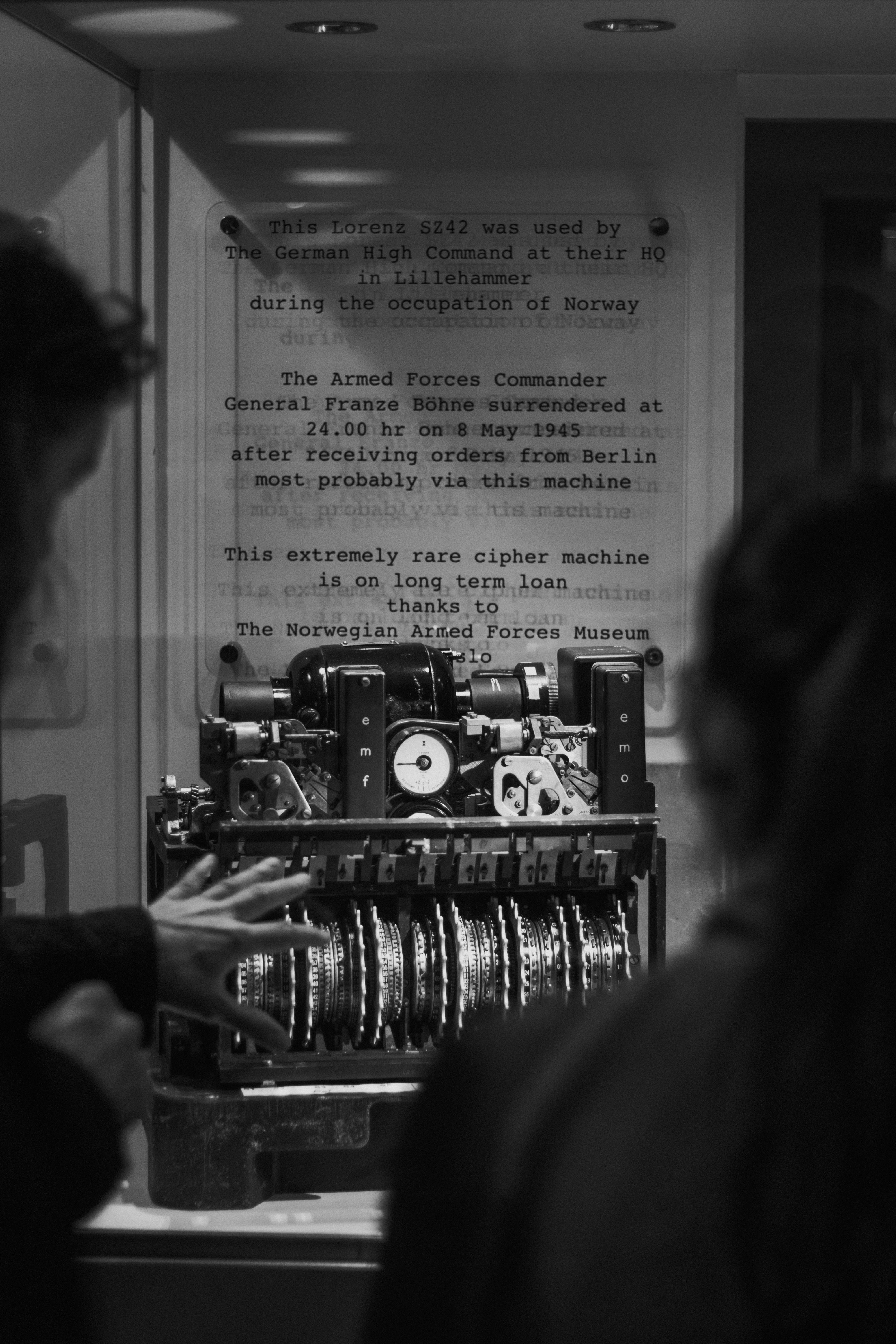Technology
Post Quantum Cryptography
QUANTUM SAFE CRYPTOGRAPHY
Sixcape builds Crypto Agility into our solutions and works with Certification Authorities and Quantum Cryptography industry vendors do deliver Quantum Safe technology across its platforms to ensure customers are safe from future quantum attacks.
There are two main types of cryptographic algorithms, symmetric key (e.g. AES) and asymmetric key (AKA “public/private key”, e.g. RSA). Both are widely used in real world security systems, often in combination. Digital certificates rely heavily on asymmetric key algorithms. The advent of quantum computers is a significant (if not near-term) threat to one of these types of algorithms.
A quantum computer is one that has massive parallelism and the ability to work with qubits. Regular bits can be in one of two states, 0 or 1. Qubits can have any of a continuous range of states, and even multiple states simultaneously.

The strength of a good symmetric key algorithm depends primarily on the key length in bits. For a sufficient number of bits, it can take a ludicrously long time to try every possible combination of those bits – for 256 bit this can be longer than the remaining expected life of the universe, even at 90 billion keys per second. Quantum computers can help with this, but only to some extent. They basically reduce the strength of symmetric key algorithms to about half the number of bits without quantum computers. For example, AES 256 still has the strength of roughly AES 128, which is still quite strong. We don’t really need to worry about symmetric key cryptography in a world of quantum computers – just use 256-bit keys.
Current asymmetric key algorithms depend primarily on the difficulty of solving various “trapdoor” type math problems. For example, cracking RSA depends on factoring the product of two giant prime numbers. It is quick to produce that product, but very, very slow to factor it. With traditional computers, key lengths of 2048 bits currently require very large amounts of computer time to crack. Quantum computers excel at this kind of problem and reduce the strength of such algorithms not to half, but effectively to zero. With real quantum computers, RSA 2048 could be cracked in less than one day.
Current quantum computers have about 256 qubits. Estimates are that some 10 to 20 million qubits would be required to attack RSA 2048. This is totally out of scope today, but unpredictable giant leaps are often made in such technologies. Since 1975, home computers have gone from 256 bytes of RAM to 32 billion bytes (32GB). Computers with millions of qubits could be practical within 10 years. Like “Y2K”, people are now trying to predict “YQC” (the year that real quantum computers are likely). For many applications where certificates have only a one- or two-year lifetime this is no problem. There are situations, such as security in automobiles, where certificates might be used for 10 to 20 years.
Researchers have come up with new asymmetric key algorithms based on entirely different types of problems that are not as subject to quantum attacks. Certificates and applications created with these algorithms may well be secure for decades to come.
Sixscape is currently working with various CAs and other vendors who are creating these quantum safe algorithms for use in digital certificates, digital signatures and encryption. We will be supporting these algorithms and certificates in our products in the near future.